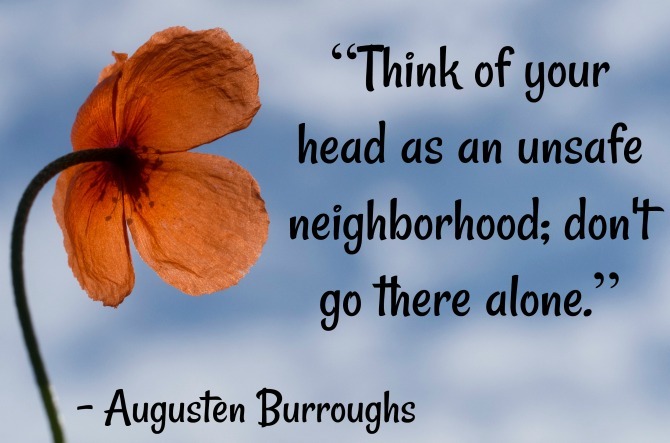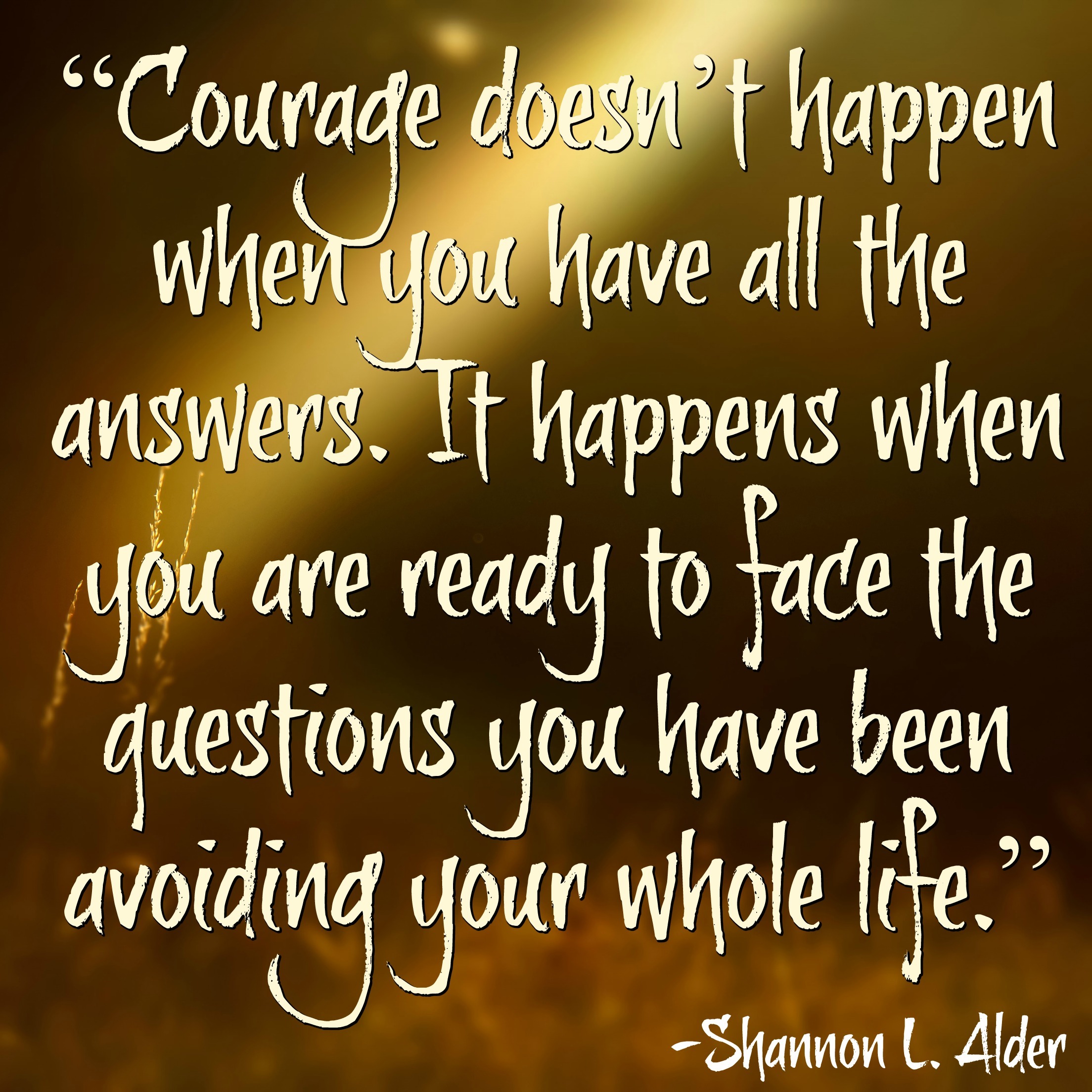There was a time when mental health was a taboo topic, something seldom acknowledged and grossly undertreated. Fortunately, mental health care no longer carries the stigma it once did. An APA study found that nearly half of American households have had someone seek mental health treatment in the past year. (And that study was conducted in 2004; I can only imagine this number has increased since.)

I am no stranger to seeking care from mental health professionals. I began seeing my first therapist when I was a sophomore in high school, and in the years since I’ve spent more time in therapy than out of it. I’ve worked with a handful of counselors over the years, most recently with Sarah*, the therapist I began seeing after returning home from my time in a residential eating disorder facility. I met regularly with Sarah for more than two years and benefitted greatly from our weekly meetings. I was very sad when a new job took her out of the state, forcing an end to our sessions, but I also didn’t feel the need to seek help from a new therapist. I’d accomplished as much as I realistically could at the time, and didn’t want to spend money to talk with someone new when I wasn’t willing or even able to dig deeper than I already had.
After officially ending treatment, I made a few discoveries. I realized that I had been using my therapy sessions as a sort of copout to “doing work” in my actual life: I would dig deep with my therapist, but during the week I would coast, waiting until the following session to address my emotional hangups. Once those therapy sessions weren’t a given, I realized I could no longer count on a therapist to fix my problems for me. I began having to address my issues on my own, and I developed some new and highly effective strategies. I started journaling regularly and began writing more about my struggles here on the blog. I opened up about my problems with friends and allowed them to see the “crazy” that I’d previously only shared with a therapist. In the past, I’d been afraid that exposing others to my darker side would scare them away, but it had the opposite effect: allowing them to help me actually enhanced my relationships (and also helped them realize that they could come to me with their struggles, too).

During my time away from therapy, I got pregnant and then became a mother, which brought on a whole new brand of emotional struggles, but also intensified my motivation to address these concerns head-on. Since Charleston’s birth, I’ve been more cognizant than ever of my own mental and emotional wellness because, with him in my life, there is so much more at stake.
I’ve experienced quite a bit of emotional turmoil in the last two and a half years, some parenting-related and much of it not. There have been many times when I’ve questioned whether it was time to return to professional treatment, but I was managing to stay afloat on my own, so I kept putting it off. I plowed ahead with my coping mechanisms (journaling, talking with friends, meditation, prayer, essential oils, dietary supplements, exercise), and they were mostly able to keep me from feeling like I was going insane.
Unfortunately, there are some struggles that just don’t go away on their own, and over the past several months, my anxiety, depression and OCD began to take their toll. I’d made positive strides in many areas of my life, but I was feeling stuck and didn’t see a way out on my own. Luke was at a loss as to what to say or do, as were my closest friends. And so the decision was made: it was time to go back to meeting regularly with a therapist. I got a referral from a friend, made an initial appointment, and headed back to the couch. I’ve been meeting with my counselor weekly for a month now, and for the first time in quite a while, I see a light at the end of the tunnel.

I’ve often joked that everyone should be in therapy. Though I say it in jest, there’s truth to the statement: I believe that everyone could benefit from talking honestly and openly with a trained and totally impartial individual. However, not everyone needs to be in counseling all the time; there really is such a thing as too much introspection, and a professional therapist isn’t always the wisest use of funds (or time)—especially if you aren’t willing to do the work of getting real and addressing your stuff. I’ve engaged in a lot of surface-level therapy in the past, and it was not only a waste of time and money, but likely did more harm than good.
This time feels different. I’m more motivated than ever to make changes in my life, and have already begun to address some of my core fears head-on. I want to guarantee that the resources our family is pouring into my therapy sessions are a worthwhile investment. I don’t see my therapist as a magician who is going to “fix me,” and an hour with her each week won’t cure all of my problems. But therapy is proving to be a lifesaving tool and a very healthy step in the right direction.
I questioned whether or not to share about my return to therapy. I’m obviously not ashamed to be back in counseling, but I won’t pretend that talking openly about it doesn’t feel more than a little uncomfortable. However, I’ve always skewed transparent on the privacy scale (at least in my writing), and it felt right to share candidly and vulnerably on this issue too. If you’ve thought about meeting with a therapist, but have reservations, I hope that my experience can serve as the prompting you’ve been needing to make that first call. It just might save your life.

*Not her real name, for obvious reasons.
[…] :: A Few Thoughts on Therapy :: I experienced an odd mix of trepidation and also empowerment when sharing about my return to therapy. […]
[…] doing life sans therapist for a few years. That changed this summer when it became clear that I needed to seek professional help. I have grown so much in a short time with my therapist; I am happier and healthier, and […]
[…] been meeting with my new therapist for a couple of months now, and in our short time together I’ve begun to identify some recurring […]
[…] take on any particular love-related challenges this month other than to focus on loving myself by becoming the healthiest version of me that I can be. This has by far been harder than any others-focused challenges I’ve tackled this year, but I […]
[…] dedicated a whole post to this last week, but I would be remiss not to include this item on August’s WIL list […]